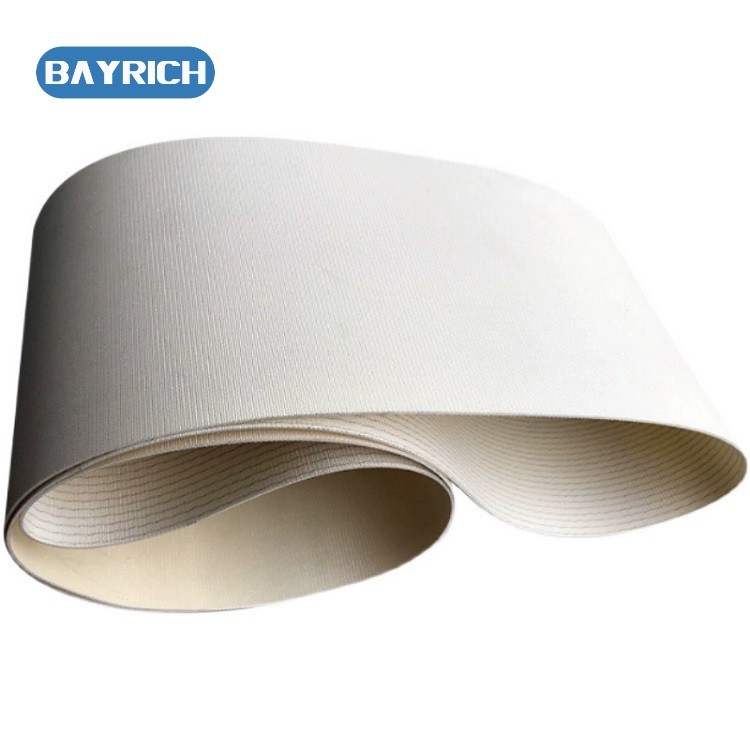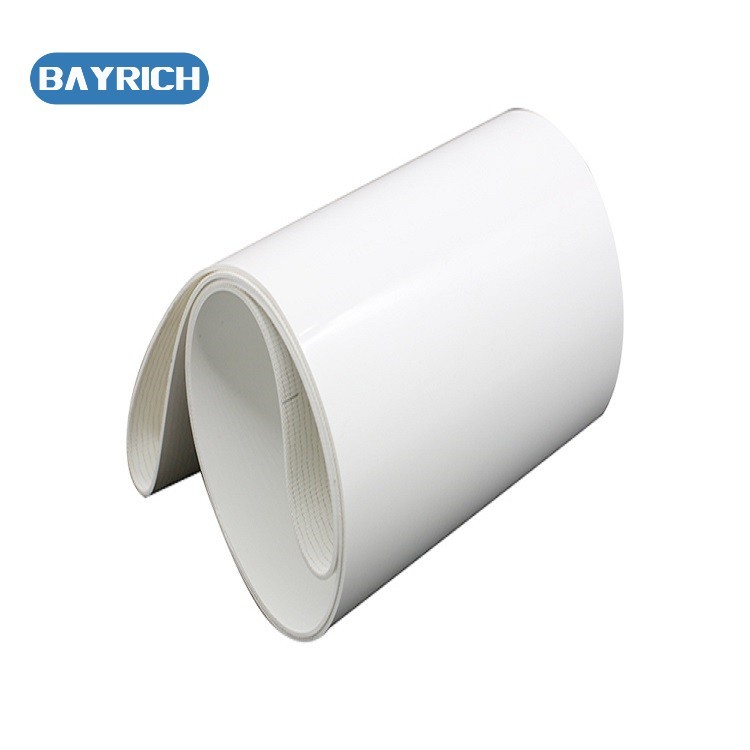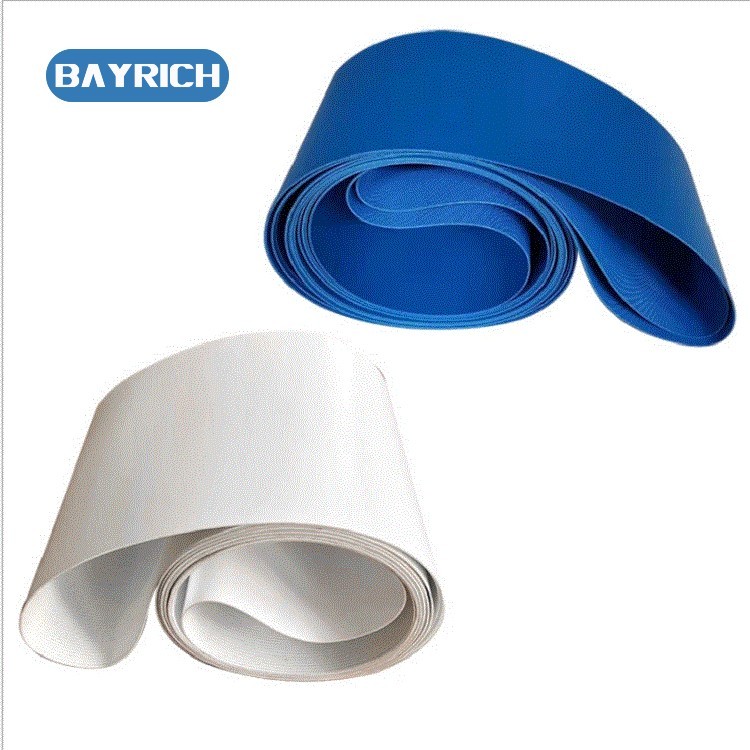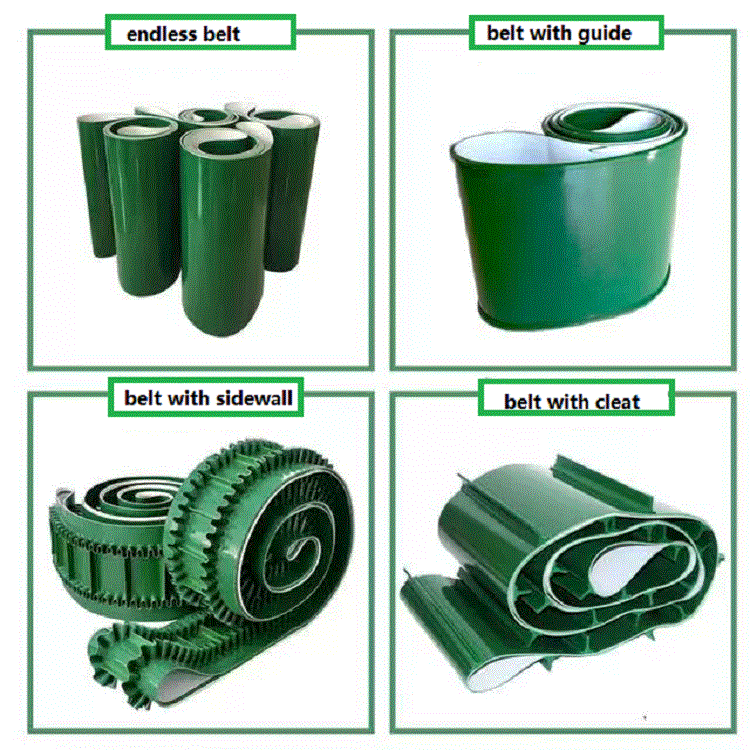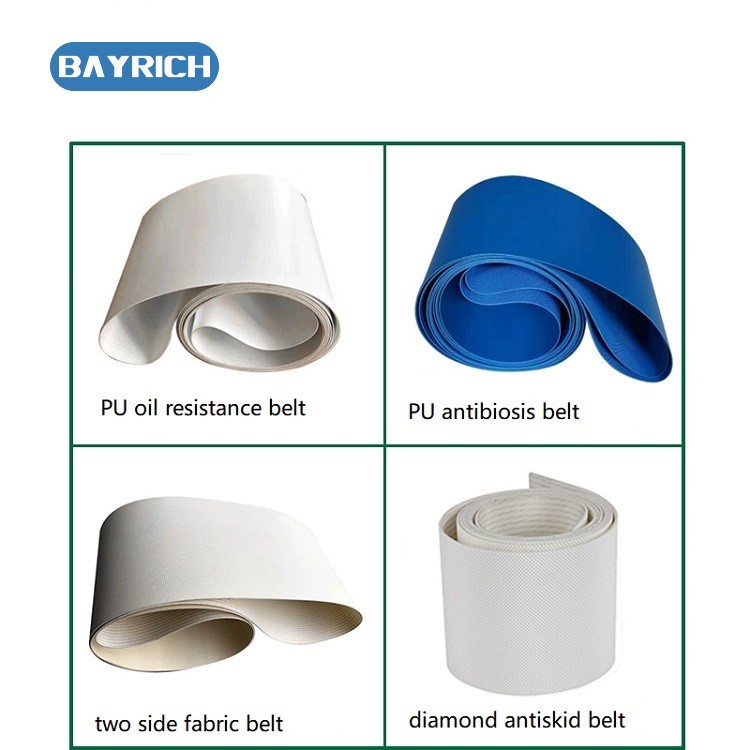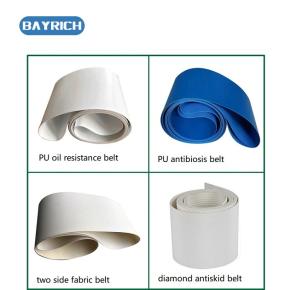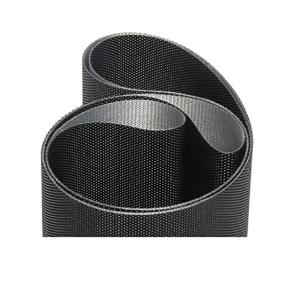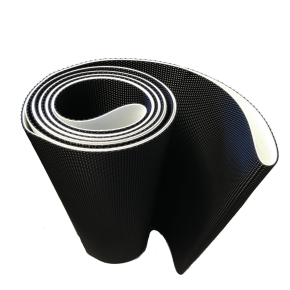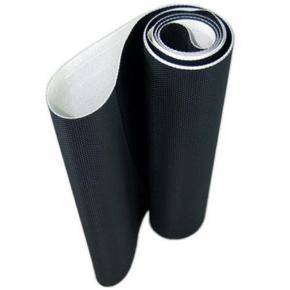Classify by Industry
Food Conveyor Belts
Food conveyor belts are made of non-toxic materials, which are non-toxic, odorless, and have a smooth surface. They are suitable for transporting food and food raw materials in various environments.
Food conveyor belts are made of non-toxic materials, which are non-toxic, odorless, and have a smooth surface. They are suitable for transporting food and food raw materials in various environments.
Food conveyor belts are made of materials such as PVC, polyethylene, polypropylene, plastic steel ACETAL, PE, nylon, PA, etc. Depending on the specific food, there are corresponding specialized conveyor belts. For example, for aquatic conveyor belts, the mesh must be permeable, corrosion-resistant, and easy to clean.
Common types include: vegetable conveyor belts, snack food conveyor belts, beer conveyor belts, and seafood conveyor belts.
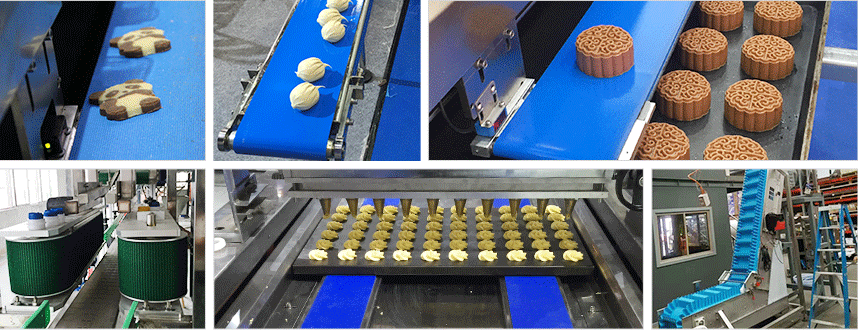
Maintenance and upkeep:
Food conveyor belts should be kept clean during transportation and storage, avoiding direct sunlight, rain, snow, and contact with acids, alkaline oils, organic solvents, and other substances. They should be kept one meter away from the heating device.
During storage, the temperature inside the warehouse should be maintained between -18 ℃ -40 ℃, and the relative temperature should be maintained between 50-80% RH. During storage, the product should be placed in rolls and not folded. During storage, it should be flipped once a season. Different types and specifications of conveyor belts should not be used together, and it is best to use adhesive bonding method for their joints.
The type, structure, specifications, and number of layers of the conveyor belt should be selected reasonably according to the usage conditions. The operating speed of the conveyor belt should generally not be as high as 2.5 meters per second. For materials with large block size and high wear, and when using a fixed plow type unloading device, low-speed should be used as much as possible. The diameter of the transmission drum of the conveyor should be selected reasonably according to the design regulations of the conveyor, as well as the matching of the conveying drum and the directional drum, as well as the requirements for the groove angle of the supporting roller.
The feeding direction should follow the running direction of the tape. To reduce the impact of material falling on the tape, a chute should be used to reduce the distance of material falling; The material receiving section of the tape should shorten the distance between the rollers and use buffer rollers. To prevent material leakage, a soft and moderate material blocking plate should be used on the belt side to avoid the material blocking plate being too hard and scratching the surface of the conveyor belt.
Precautions for using food conveyor belts:
(1) To avoid the roller being covered by materials, causing ineffective rotation, and to prevent material leakage from getting stuck between the roller and the tape. Pay attention to the lubrication of the moving parts, but do not contaminate the conveyor belt with oil;
(2) Avoid starting under load;
(3) If the tape deviates, timely measures should be taken to correct it;
(4) Local operation of the tape should be repaired in a timely manner to avoid expansion;
(5) Prevent the tape from being obstructed by the frame, pillars, or block materials, and prevent it from breaking and tearing.
INQUIRY
Categories
LATEST NEWS
CONTACT US
Contact: Jessie
Phone: 0086-15669710783
E-mail: echowlq@163.com
Whatsapp:0086-15669710783
Add: 9th Floor, Building 1, No.28, Henghe 3rd Road, Ouhai Economic Development Zone, Wenzhou City, Zhejiang, China.
